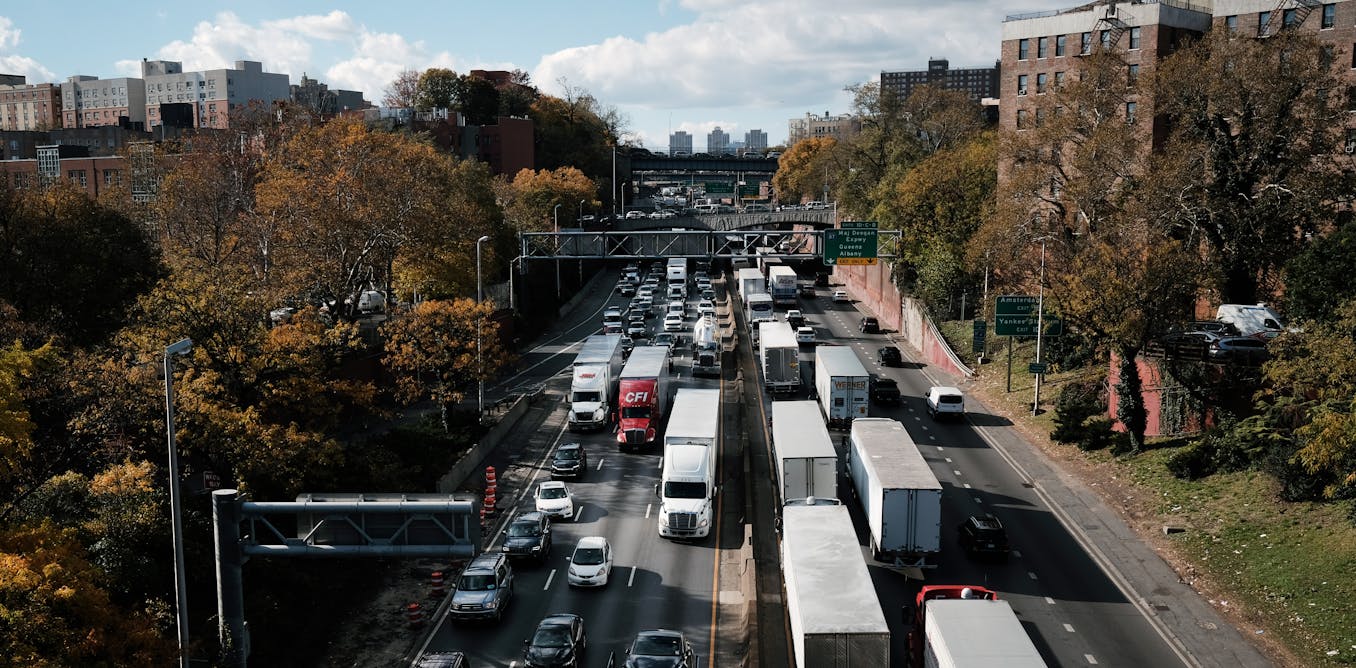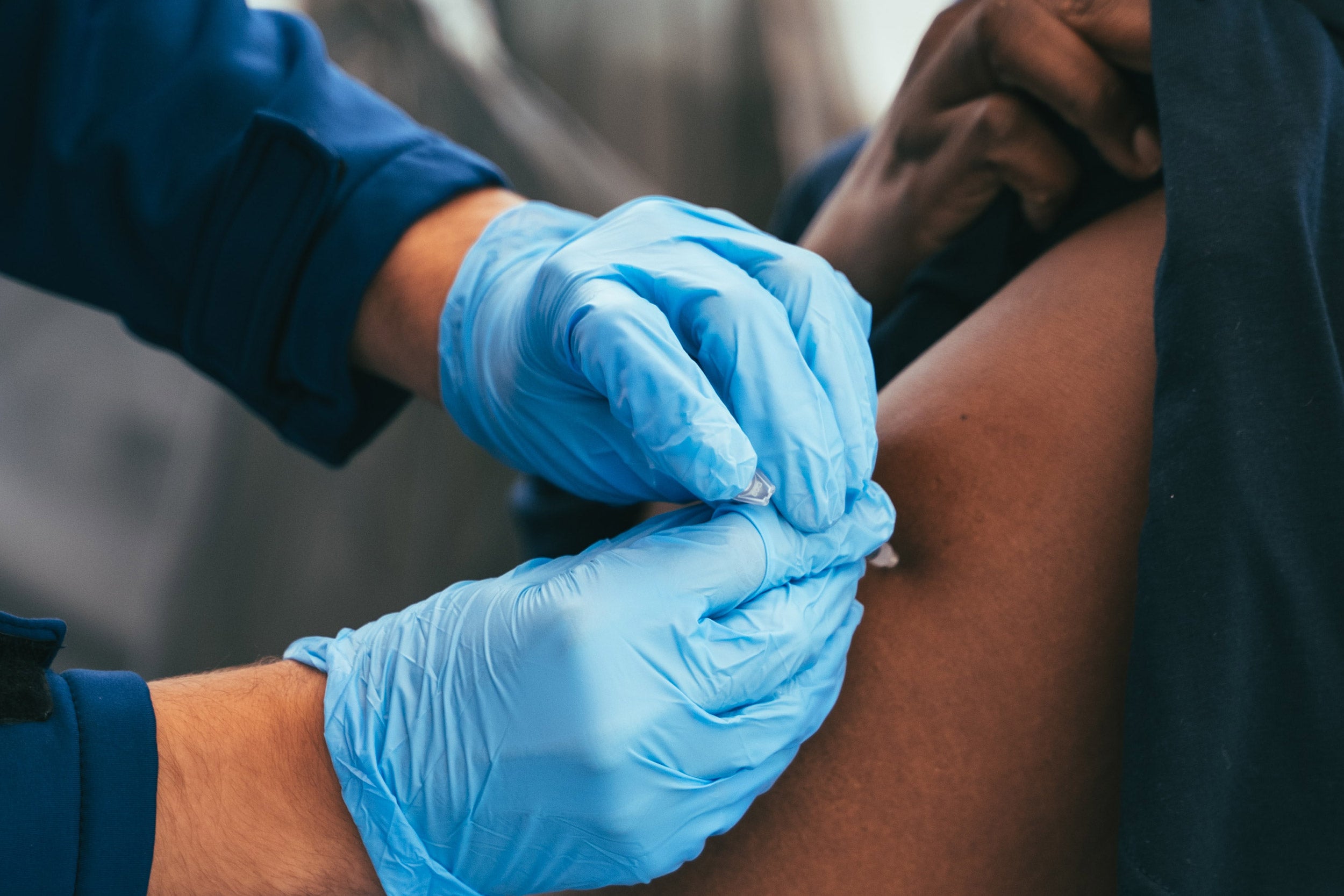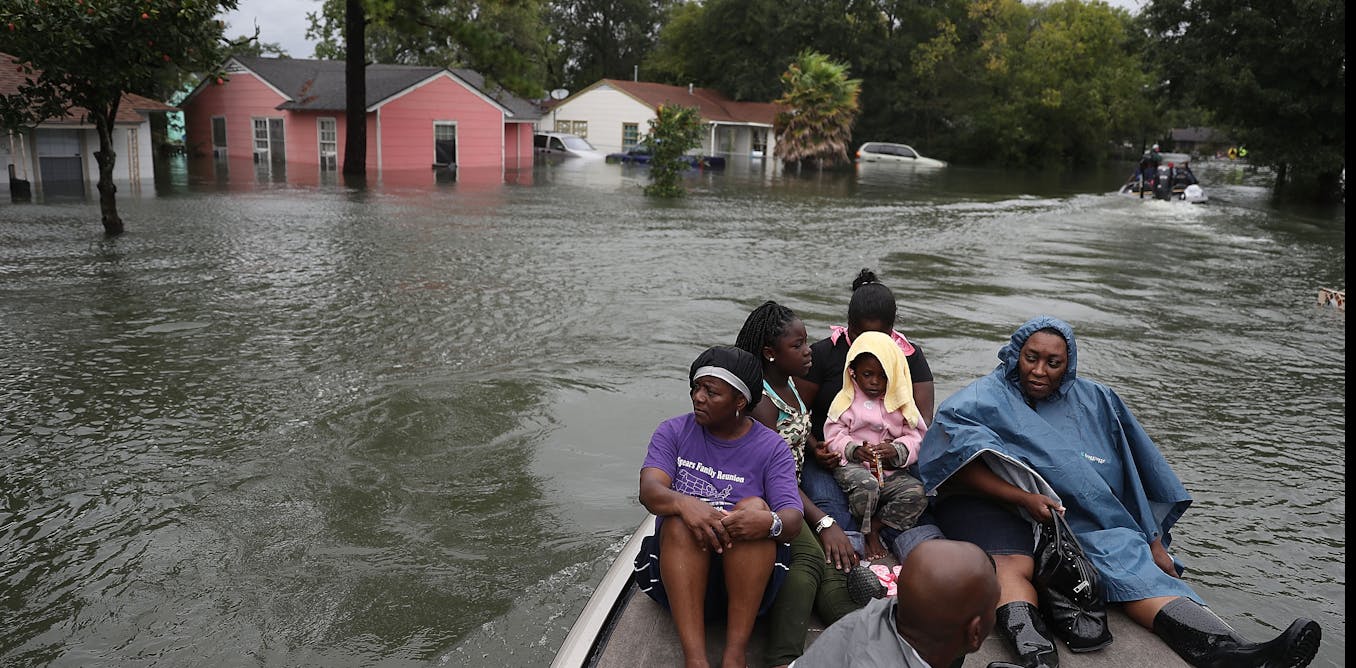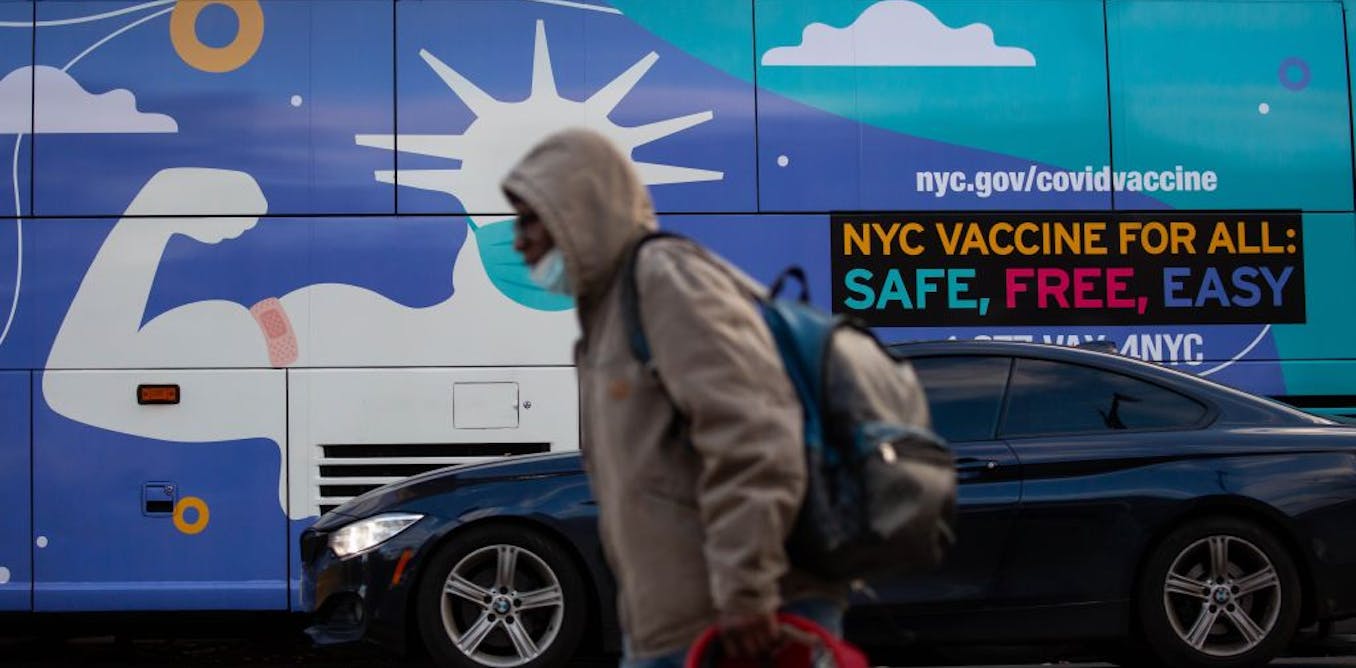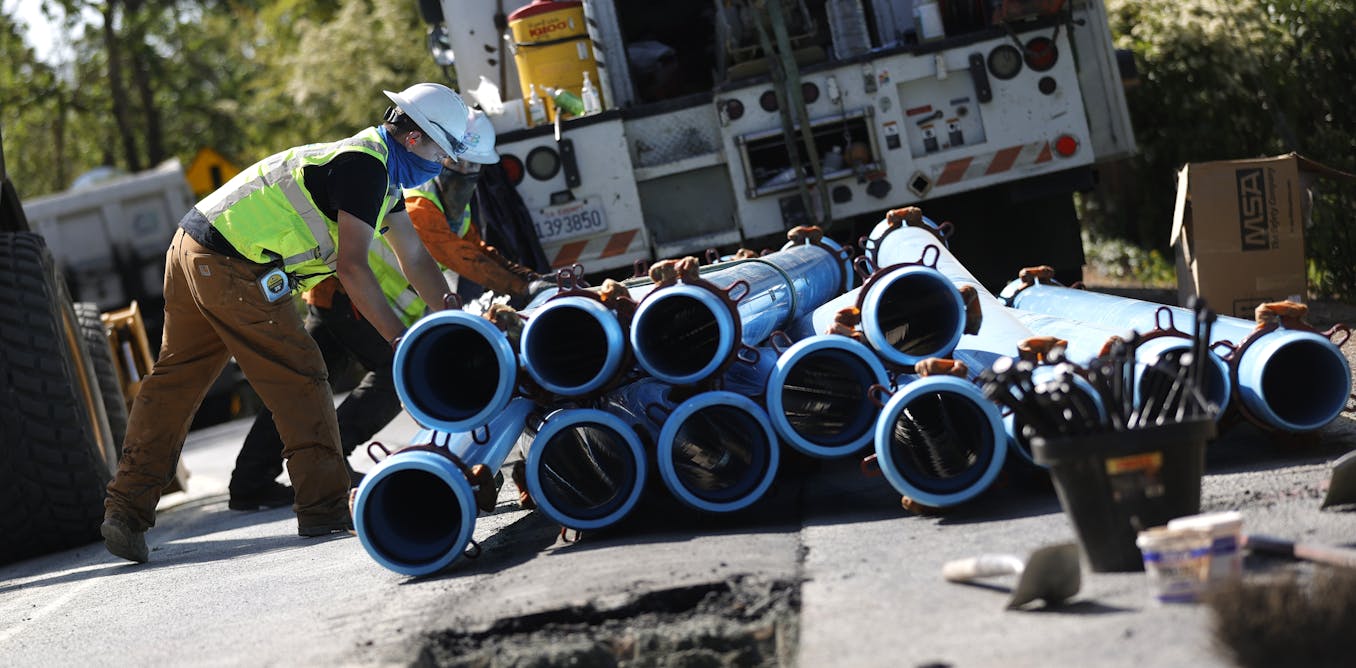Beyond GDP: changing how we measure progress is key to tackling a world in crisis – three leading experts
Amid the global threats posed by climate change, spiralling energy costs, insecure employment and widening inequality, the need to rethink our notion of progress is now an urgent priority.
Aug. 18, 2022 • ~34 min


